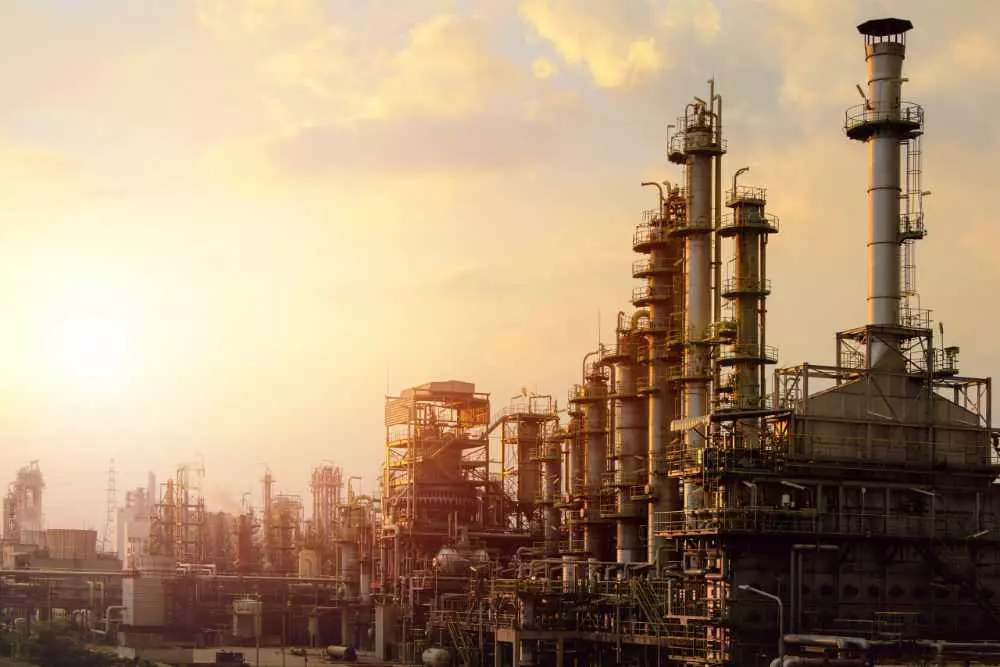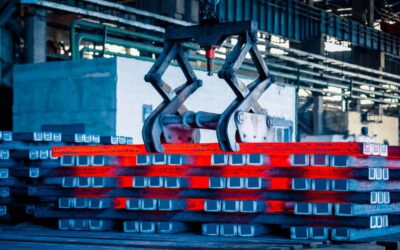
A boiler is a closed vessel in which coal, gas or oil is burnt to heat water and produce vapour or steam. The most used applications of a boiler are water heating, central heating, cooking and boiler-based power generation.
Fossil Fuel Boilers for Electricity Generation
Water is boiled by fossil fuels burned in a power plant. It produces steam. The thermal energy is converted into mechanical energy to spin turbines and finally into electrical energy. About 41% of all electricity is generated by firing coal and 20% by natural gas.
Across the globe each year we now burn over 4,000 times the amount of fossil fuels burnt during 1776. Coal-fired power stations produce over 10 Gt of CO2 each year. That amounts to 1/5th of the world’s greenhouse gas emissions, making it one of the largest causes.
A Shift to Renewable Sources of Electricity
Scientists have been forecasting the downsides of fossil fuel burning since 1882. It was only a 100 years later, in the 1980’s, we built the world’s 1st commercial power plant driven by renewable sources.
While 60% of electricity is generated by coal and natural gas, cleaner sources generate the rest. Of which, 5.6% is from solar/wind/geothermal/tidal/ and 2.3% is from biomass.
Biomass Boilers for Electricity Generation
Similar to fossil fuels, biomass is burned in biomass boilers to produce steam. Biomass can fire on its own in biomass boilers. Or it can serve as a substitute to a part of coal to co-fire in existing power plants. The Central Government of India has made it mandatory to co-fire biomass (at least 5%) for all coal fired power plants.
Related read: What is biomass? Is it really a renewable source of energy?
Benefits of Biomass Boiler Power Plants
- Biomass electricity generation is more reliable than other renewable resources. It doesn’t depend on intermittent sources like solar and wind that fluctuate every minute and vary every season.
- Burning biomass in biomass boilers also diverts a lot of waste from landfills.
- Biomass boilers run at an efficiency of 89 – 91% which is in the same range of fossil fuel boilers.
- Since the late 90’s, over 800 biomass boilers and power projects aggregating to 10170 MW capacity have been installed across the country. That’s enough electricity to power 35 lakh homes in India.
- Prices for traditional fossil fuels are steadily increasing which falls upon the end user of electricity. In contrast, prices of biomass are much more stable.
To move in the right direction powered by clean energy, more than 40 countries have pledged to phase out burning coal by the 2040’s. This will lead to development of more and bigger projects of solar, wind and biomass boiler power plants.
As the setting-up of these projects happen on one side, at Buyofuel, we’re organising the biomass raw materials sector on the other. We’re enabling farmers, small-scale agricultural waste producers and large-scale waste aggregators to sell their waste to biomass boiler power plants.
By the time newer biomass plants of larger capacities are set up, we hope to divert a significant portion of the 750 MMT/year biomass to them. If you or someone you know are part of the agricultural sector or the biomass generation sector, get in touch with us. We’ll help you get the value you deserve for your raw materials and scale your business in a sustainable way.


